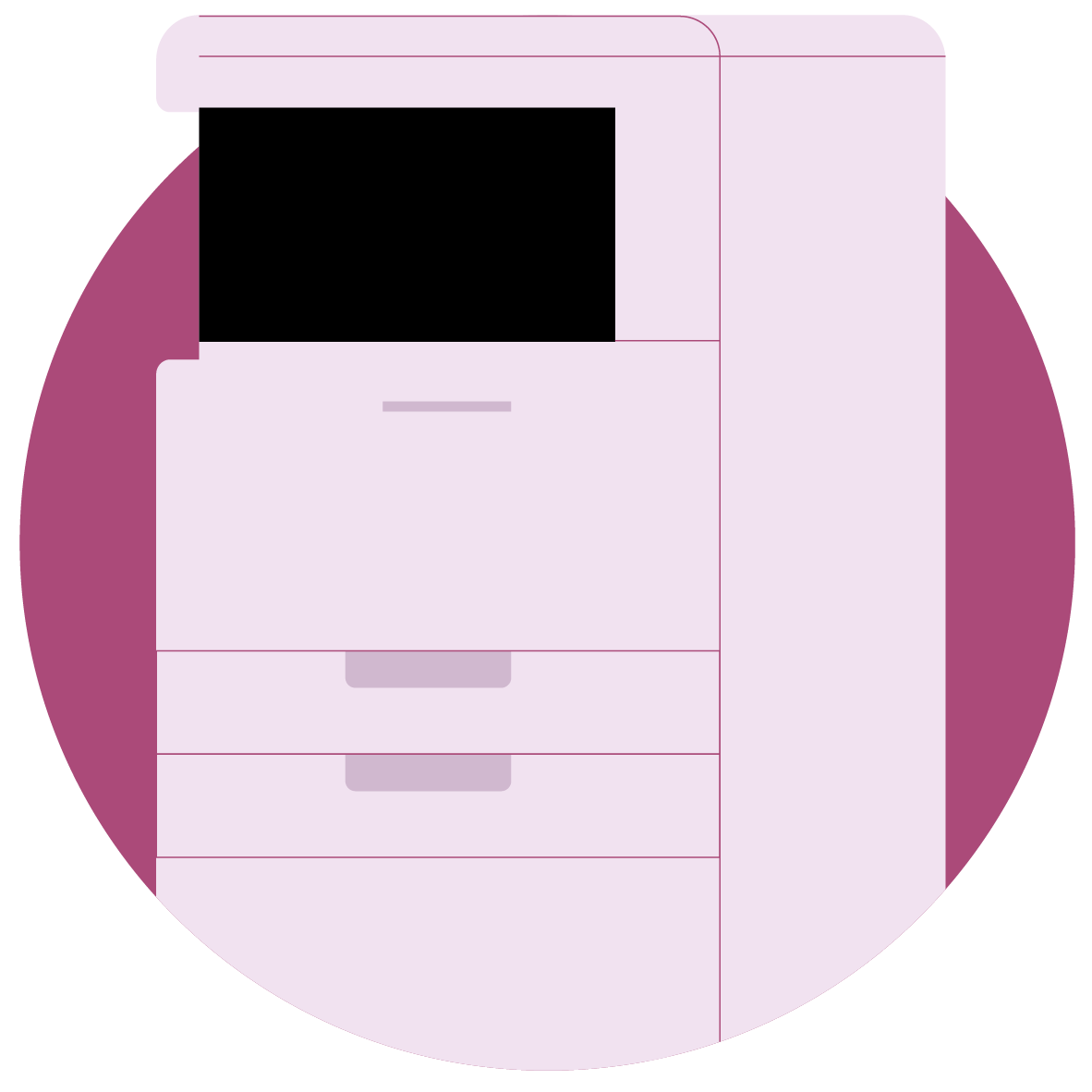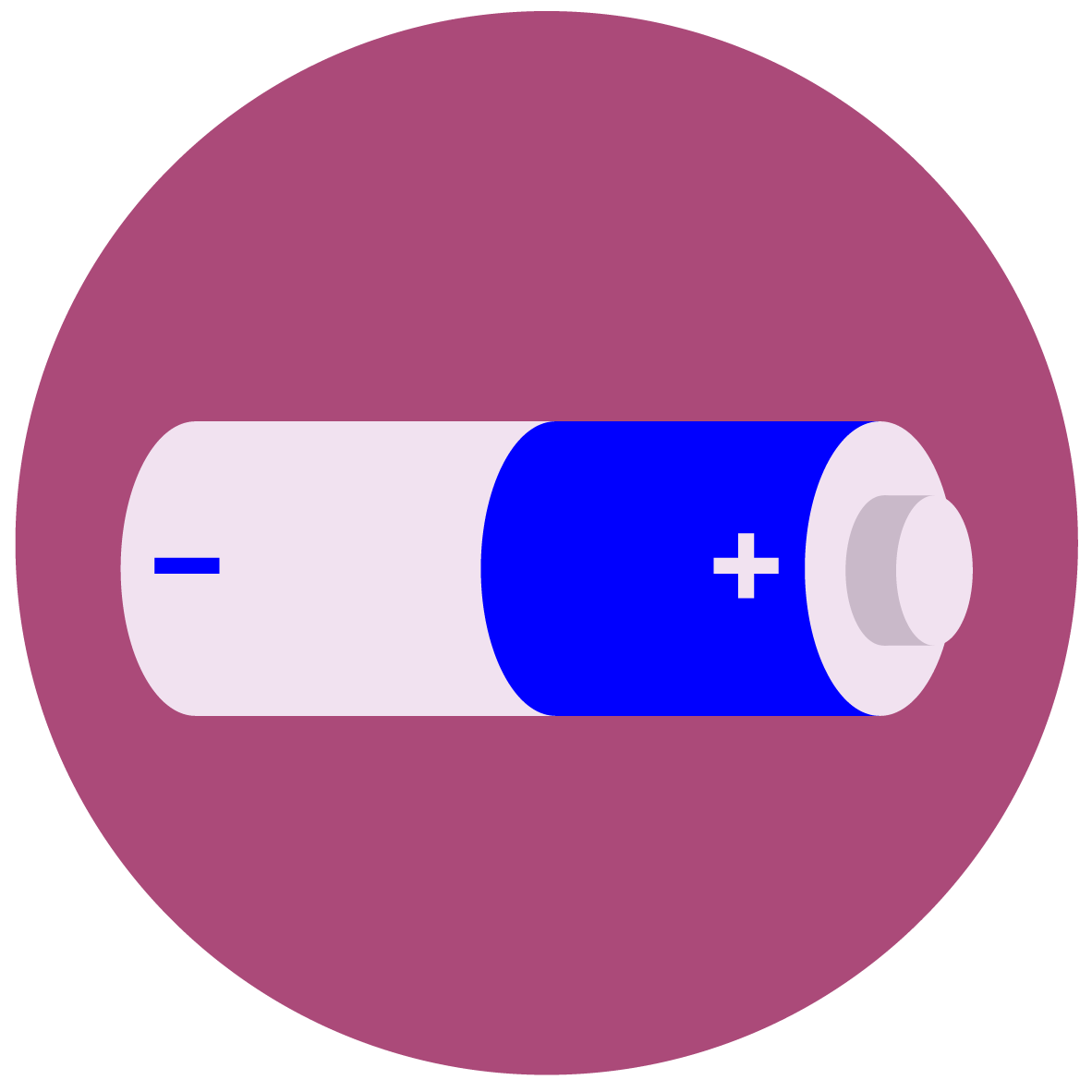CE-RISE | Circular Economy Resource Information System
EU-funded project advancing circular economy in electronics through shared data, secure systems, and open sustainability tools
Why CE-RISE?
Growing demand and limited supply of critical raw materials (CRMs) challenge technological changes for an equitable, zero-emission, and digitalised Europe. To overcome this, the European Commission aims to reduce losses and increase reuse of secondary raw materials (SRMs), which requires better product-level information. Digital Product Passports (DPPs) offer a key opportunity to make such information available and usable, supporting more effective circular strategies and sustainability assessments.
What are our goals?
- Build a Resource Information System that unifies product data with circularity and impact metrics
- Integrate DPP attributes into circular strategies and socio-economic and environmental (SEE) assessments
- Enable privacy preserving, role appropriate information sharing across value chains
- Provide open-access software to support sustainable, circular products
The project consists of the following stages:
Ultimately, CE-RISE will foster a dynamic ecosystem geared toward prolonging the use of materials and stimulating circular business models to reduce waste generation.
The functionality of the CE-RISE information system and products will be evaluated by five case studies in which a Digital Product Passport will be developed for ICT products, printers, solar panels, batteries as well as heating systems.

ICT products

Printers

Solar panels

Batteries

Heating systems
About![]()
Approach![]()
